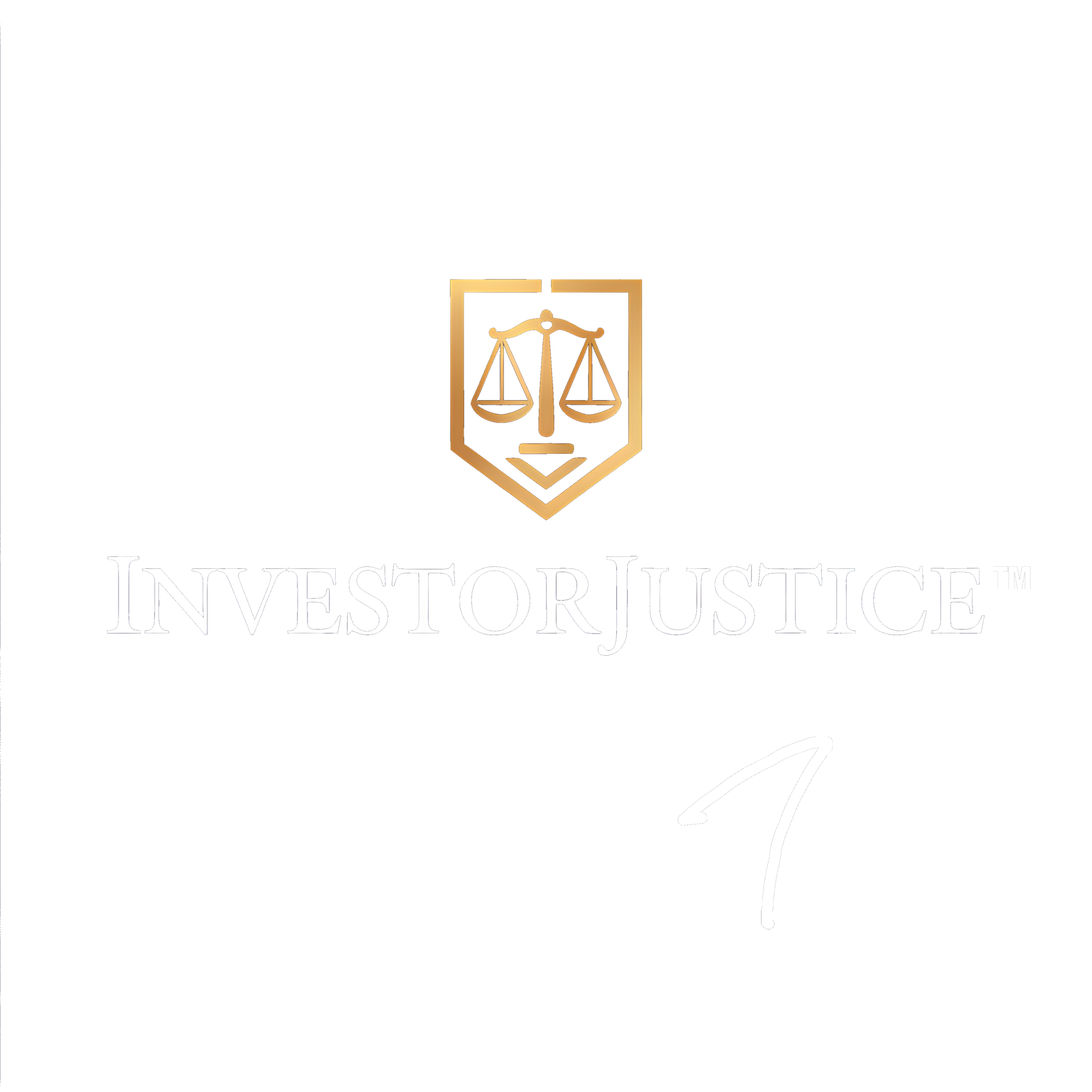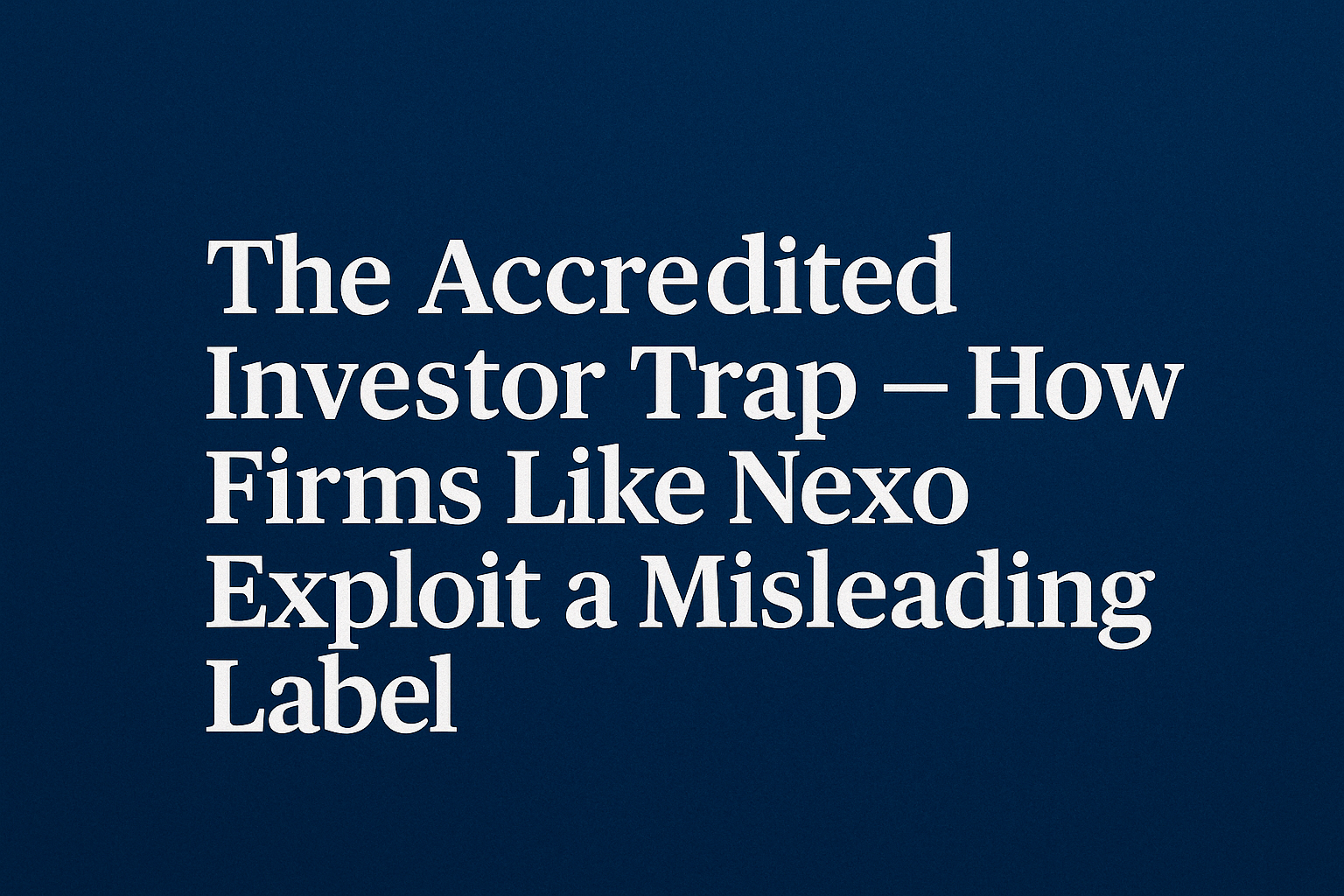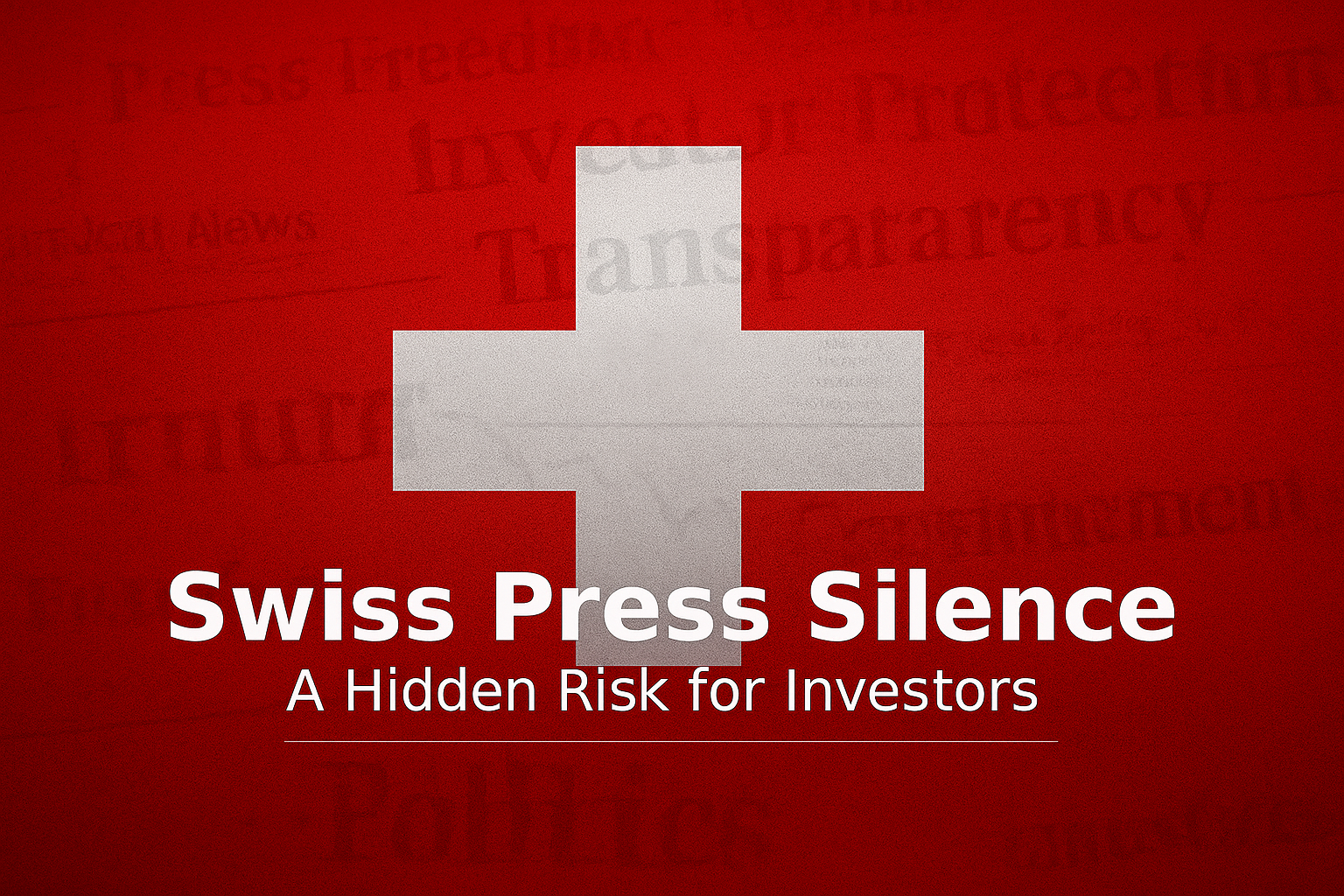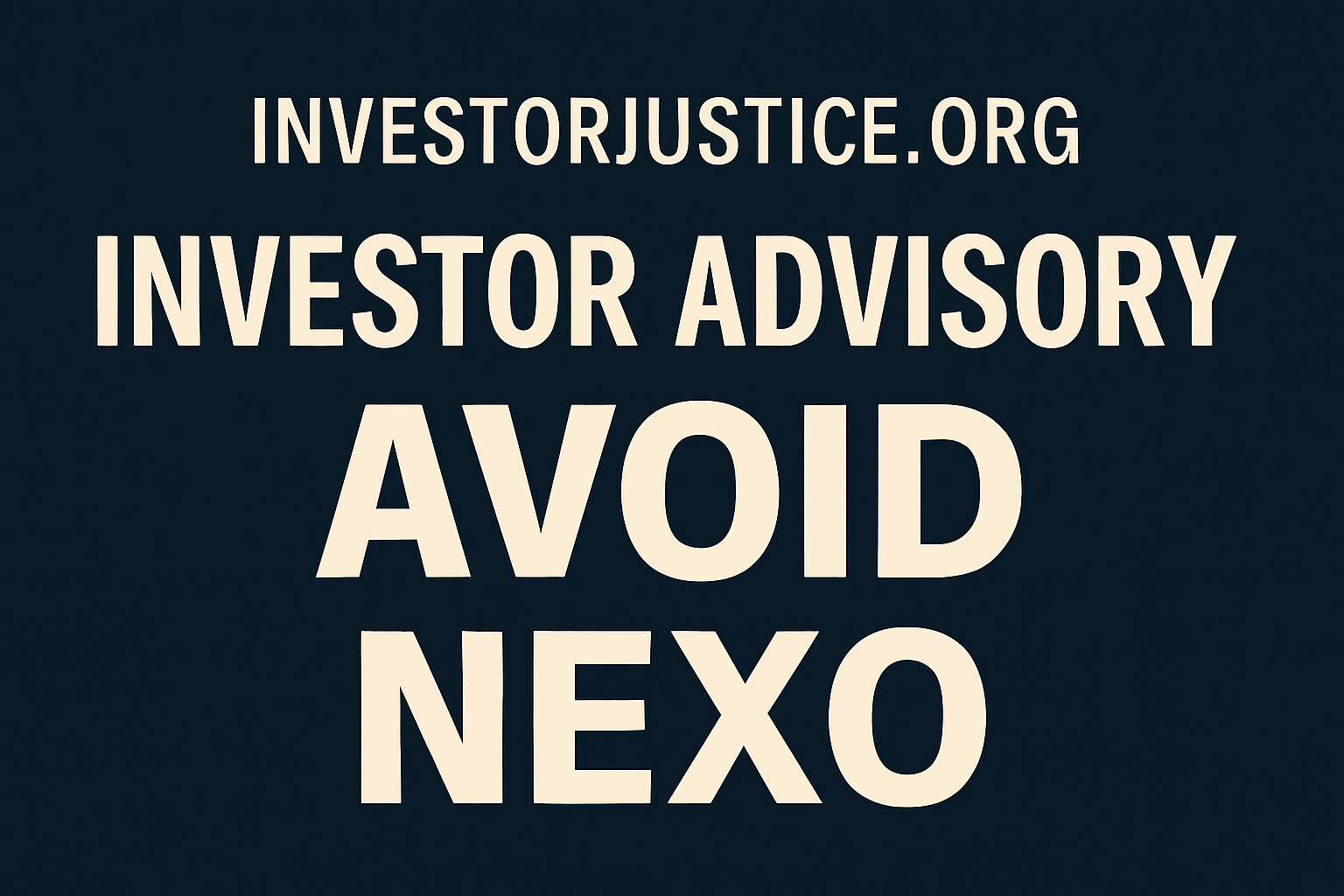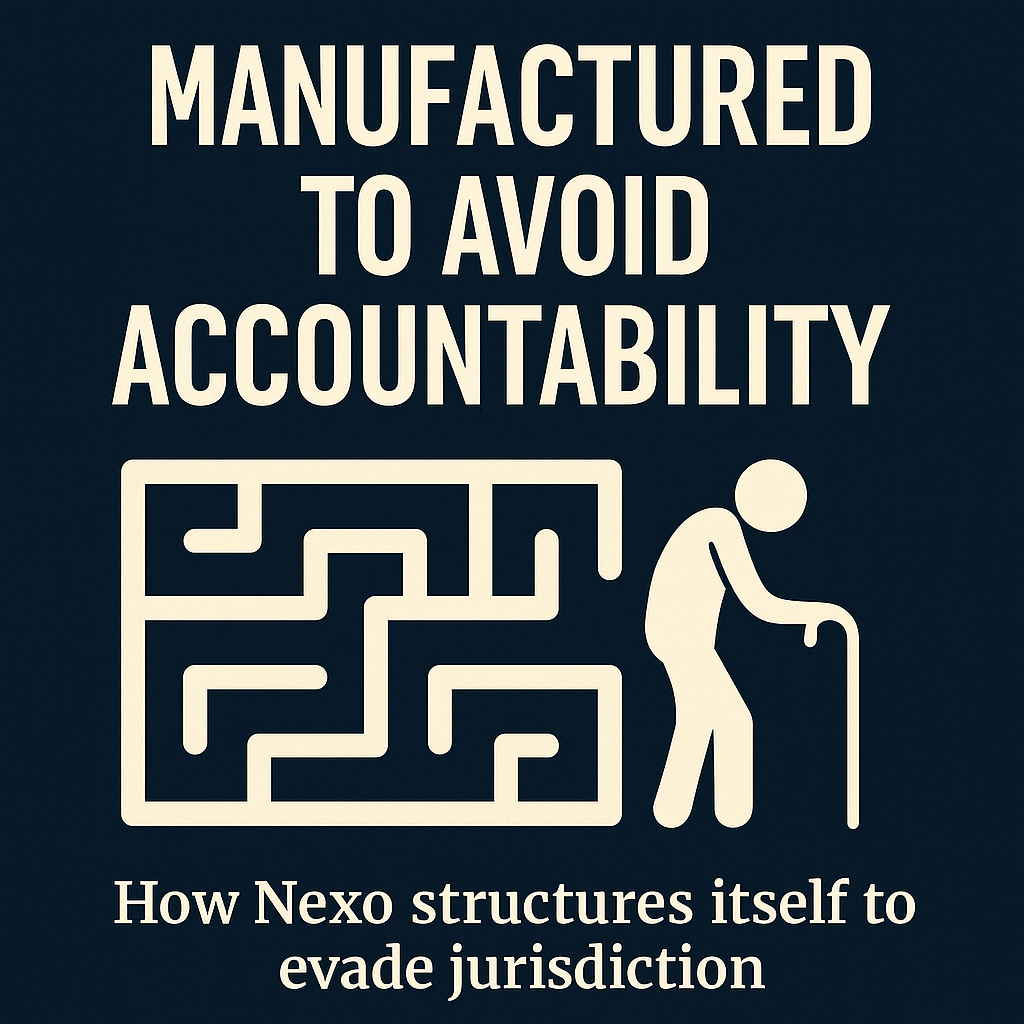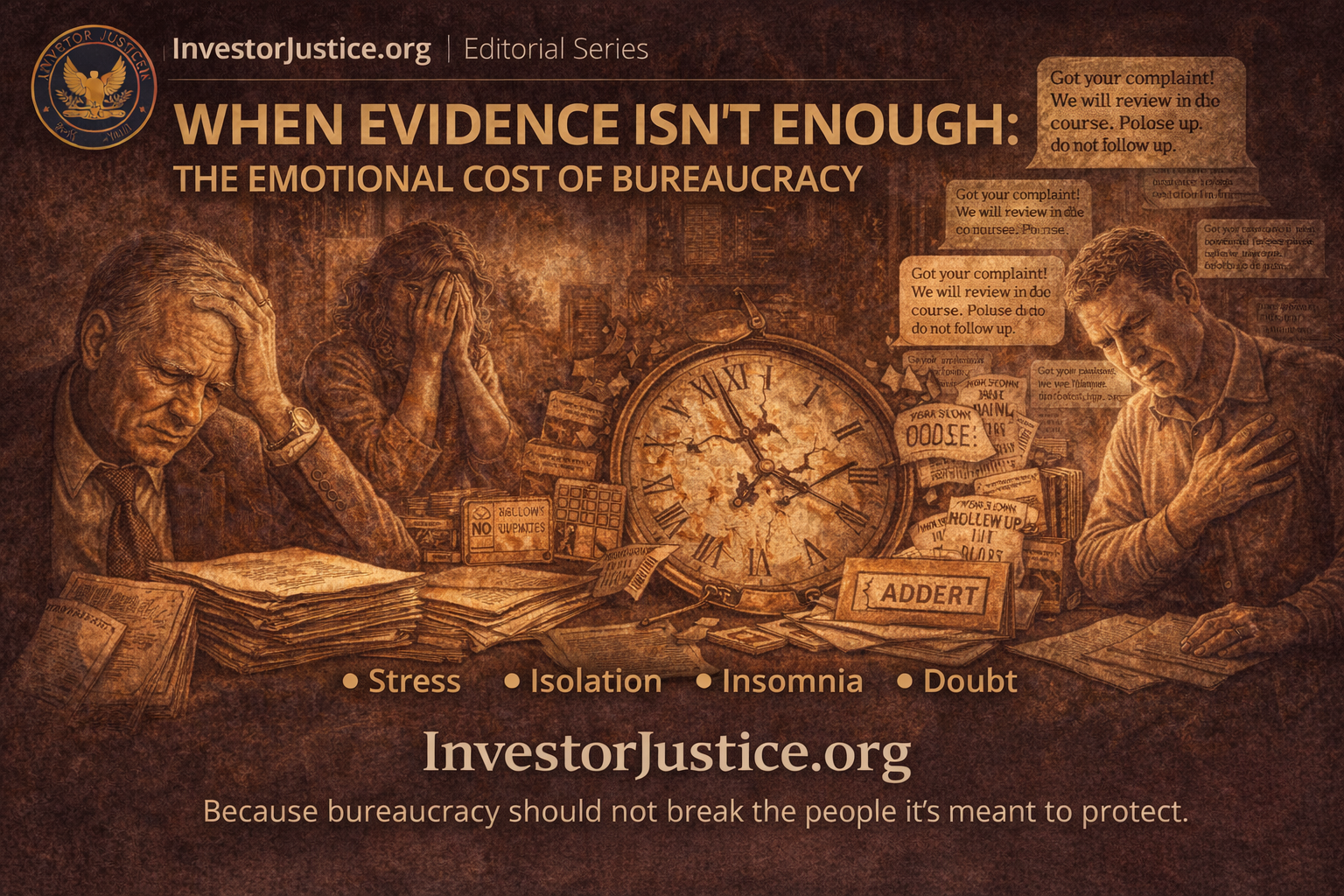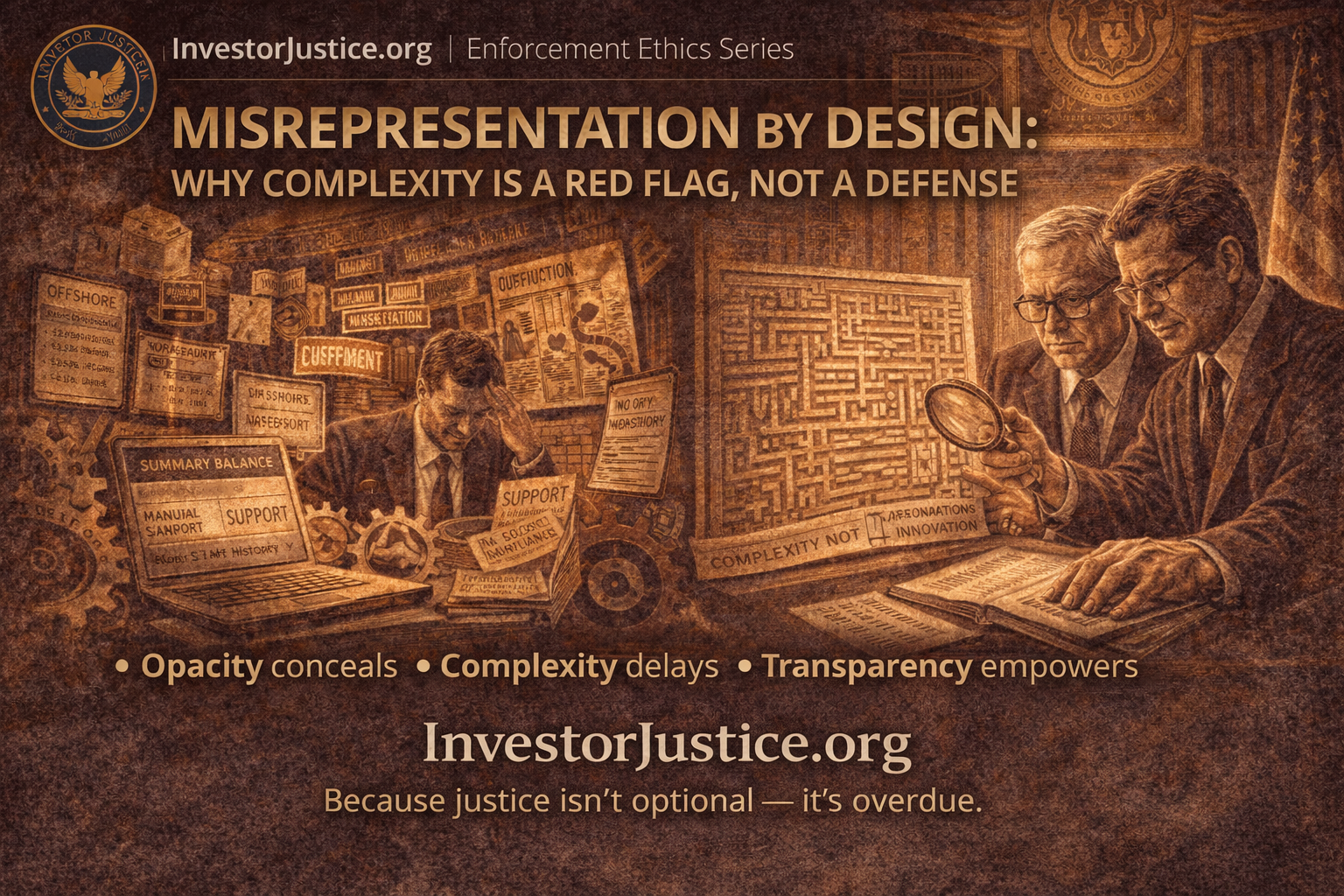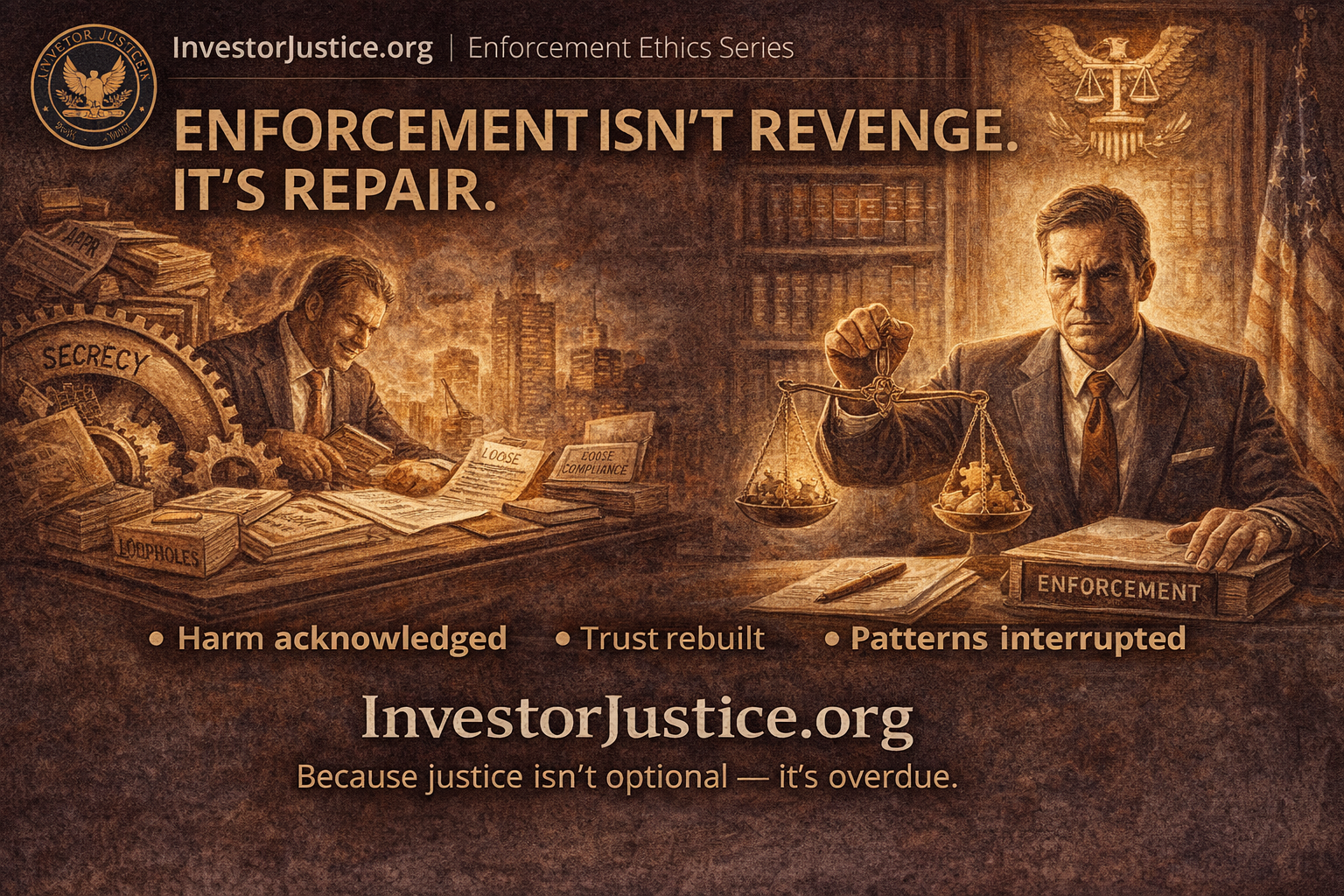Table of Contents
Introduction: A Convenient Myth
Financial firms love to say, “You’re an accredited investor, you should have known better.”
It sounds official, even flattering — a mark of sophistication. But in truth, accredited investor is one of the most misunderstood and misused terms in finance. It doesn’t mean you have skill, experience, or immunity from fraud. It simply means you have money and that’s exactly why predatory firms target you.
The U.S. Securities and Exchange Commission (SEC) defines accredited investors under Rule 501 of Regulation D as individuals who meet certain income or net worth thresholds, not as people with proven financial acumen. A lottery winner or a retiree who sells their home can instantly qualify, even if they have no idea what a margin account is.
What “Accredited Investor” Really Means
Under SEC rules, individuals qualify if they meet one of the following:
- Income: $200,000+ annually ($300,000 for couples) for two consecutive years.
- Net worth: $1 million+, excluding a primary residence.
- Entity status: Institutions or companies with over $5 million in assets.
- Licensing: Certain professionals with Series 7, 65, or 82 certifications.
Nowhere does the definition mention financial literacy, risk comprehension, or experience with complex products.
As the DFPI reference in InvestorJustice library notes, accreditation is:
“Not proof of sophistication or skill… It does not establish the ability to detect misrepresentation or evaluate complex products.” oai_citation:0‡DFPI Accredited Investor Reference.pdf
How Predatory Firms Weaponize the Term
Companies like Nexo AG have argued that because their customers were accredited, they bear the responsibility for losses. This is a deliberate distortion of the law.
In practice, accreditation only verifies access to funds, not the ability to detect deceptive marketing or anticipate hidden liquidation triggers masked behind “safe” terminology like APR.
The DFPI reference explains this explicitly:
“A person with no financial knowledge can qualify as accredited solely by net worth, yet remains fully entitled to truthful disclosure and protection from misrepresentation.” oai_citation:1‡DFPI Accredited Investor Reference.pdf
A person who wins the lottery or inherits money could be legally “accredited” the next day and yet, they are no better prepared to analyze high-risk crypto-lending contracts than anyone else.
Why the Term Misleads Consumers
The accredited investor framework was designed in the 1930s to simplify capital formation and not to protect consumers from modern high-risk, offshore digital platforms. Today, it is exploited as a shield for corporate misconduct, allowing firms to say, “They qualified, so we owe them less.”
But the law is clear:
- Accreditation does not waive consumer-protection rights.
- It does not absolve firms from disclosure requirements.
- Misrepresentation remains unlawful, regardless of investor status, under both U.S. securities law and Swiss FINMA supervisory standards oai_citation:2‡DFPI Accredited Investor Reference.pdf.
The Bigger Picture: Financial Literacy ≠ Financial Immunity
The accredited investor myth reveals a deeper systemic flaw: regulators and platforms conflate wealth with wisdom.
In reality, financial literacy and regulatory transparency are what protect people, not arbitrary income brackets. Allowing companies to market risky products under the guise of “you should have known better” perpetuates a dangerous cycle of victim-blaming and jurisdictional evasion.
Conclusion: Redefining Accountability
The accredited investor label should never be a corporate get-out-of-jail-free card.
It merely measures capacity, not competence. When firms like Nexo mislead investors, accredited or not, it is not a lapse of investor judgment. It is a breach of trust and a violation of law.
The solution is not to eliminate the accredited investor category, but to dismantle the myth that it represents expertise. Regulators and media must reframe the narrative:
Having money doesn’t make you fair game.
It makes you a target and the law is still on your side.
Disclaimer
The information provided in this article is for educational and informational purposes only and does not constitute legal, financial, or investment advice.
InvestorJustice.org is an independent public-interest research and education platform and does not provide individualized guidance or professional services.
Readers should consult qualified legal or financial professionals before making investment or regulatory decisions.
Our purpose is transparency not endorsement or advisory and we encourage all readers to verify regulatory classifications directly through official sources.
